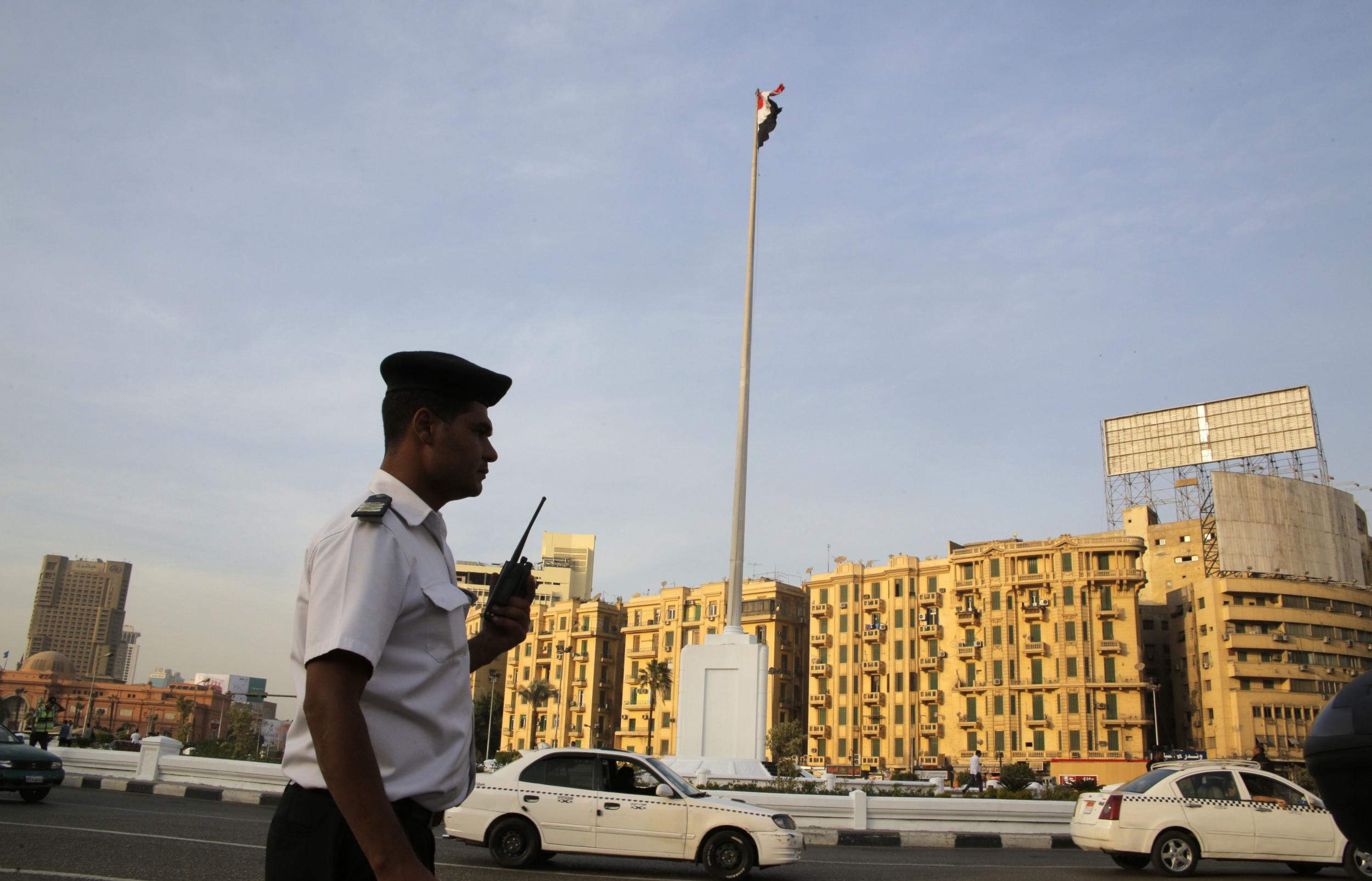At least 130 arrested after protests across Egypt over poor economic conditions and rising prices
Planned protests were reportedly largely stifled by police, who were on high alert

Your support helps us to tell the story
This election is still a dead heat, according to most polls. In a fight with such wafer-thin margins, we need reporters on the ground talking to the people Trump and Harris are courting. Your support allows us to keep sending journalists to the story.
The Independent is trusted by 27 million Americans from across the entire political spectrum every month. Unlike many other quality news outlets, we choose not to lock you out of our reporting and analysis with paywalls. But quality journalism must still be paid for.
Help us keep bring these critical stories to light. Your support makes all the difference.
At least 130 people have been arrested in Egypt after taking part in protests against poor economic conditions and rising prices.
Demonstrations were held in towns and cities across the country including Cairo, Suez and Behiera province, after calls were made by protest groups on social media to rally against President Abdel Fattah el-Sisi.
But the protests are said to have been largely stifled by police, who were on high alert.
Security personnel and anti-riot vehicles were mobilised on the streets in anticipation of the protests, according to Middle East Monitor.
Around 39 protesters were reportedly arrested by riot police in Cairo, while some 70 kilometres north of the capital in Behiera province security forces fired tear gas and rubber bullets against protesters, sources told Al Jazeera.
Police are also said to have quickly scattered several dozen protesters who assembled in the port city of Suez. No injuries or deaths were reported.
A group calling itself “Movement of the Poor” had used social media to call on Egyptians to protest against the deepening austerity measures imposed by President el-Sisi, despite the fact that protests are essentially banned in Egypt.
It comes as the IMF approved a $12 billion (£10 billion) loan to Egypt with hopes of salvaging the struggling economy. The deal required the government to take painful austerity measures, which frustrated many Egyptians.
The policies of el-Sisi’s government have become the source of increasing discontent this year, with many Egyptians especially critical of the decision to hand over two Red Sea islands to Saudi Arabia.
Egypt has recently suffered from a sharp decline in tourism revenue following flight bans to Sharm el-Sheikh sparked by the downing of a Russian passenger jet by Isis' affiliate in the Sinai Peninsula.
United Nations observers and human rights groups have raised concern over the use of counter-terrorism laws to target supporters of the Muslim Brotherhood and reports of torture, enforced disappearances and deaths in custody.
Human Rights Watch's 2016 world report warned of worsening restrictions of freedom of expression and association, as well as the targeting of NGOs since General el-Sisi took power in 2014 after the country's first democratically elected President was ousted in a military coup.
Subscribe to Independent Premium to bookmark this article
Want to bookmark your favourite articles and stories to read or reference later? Start your Independent Premium subscription today.
Join our commenting forum
Join thought-provoking conversations, follow other Independent readers and see their replies
Comments